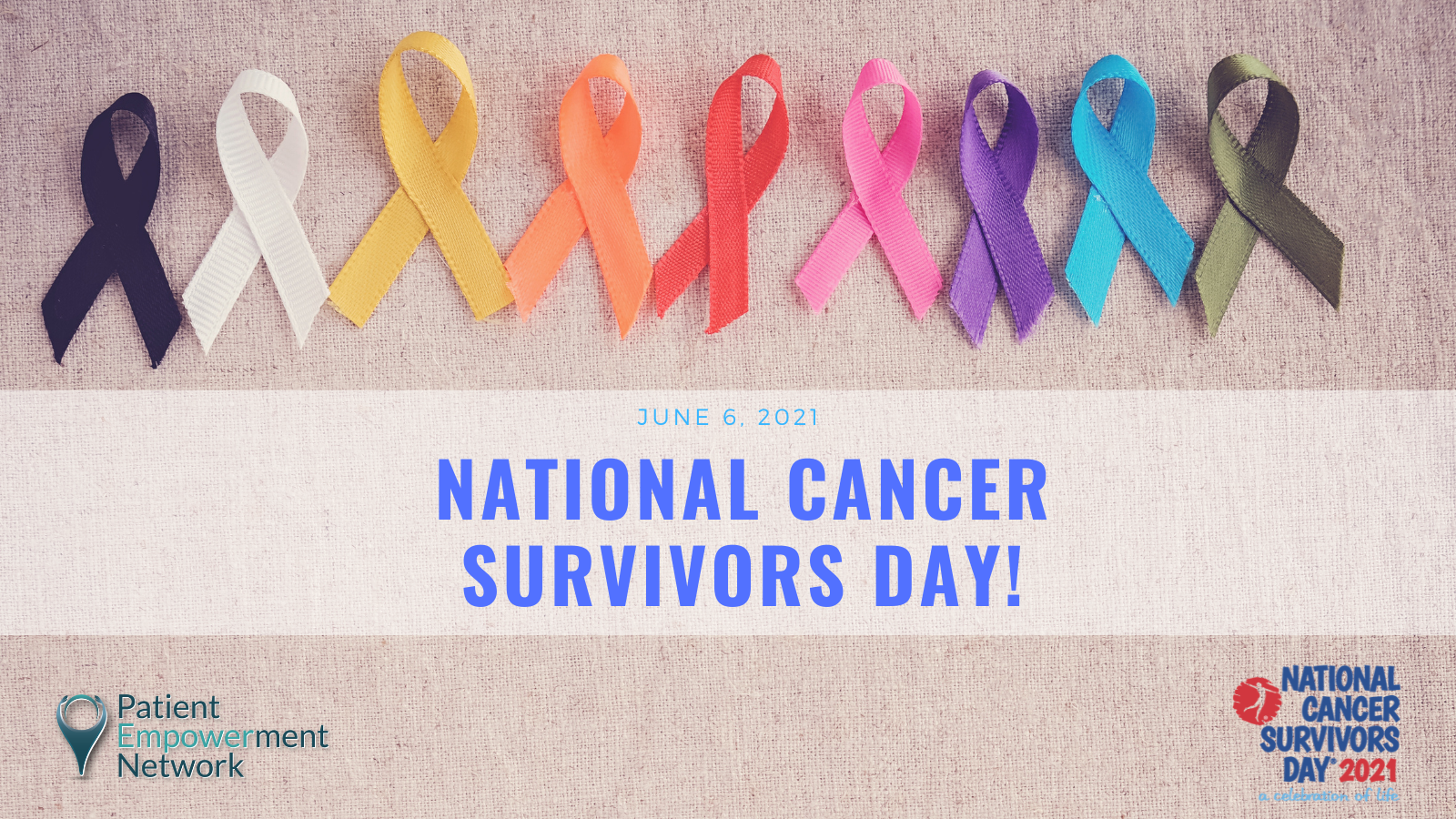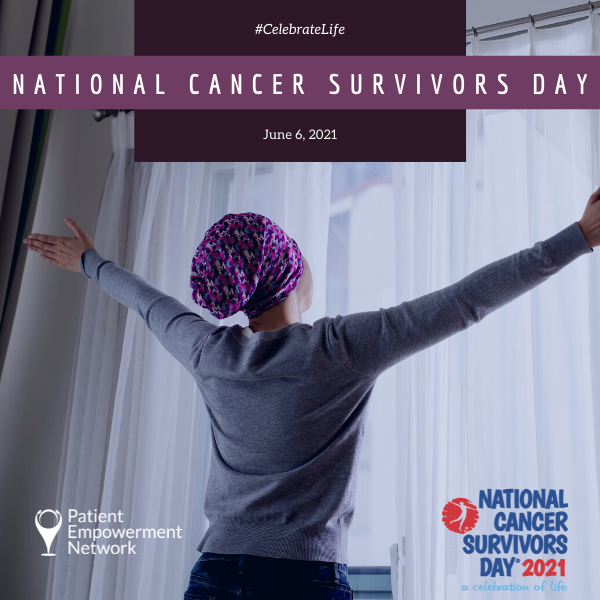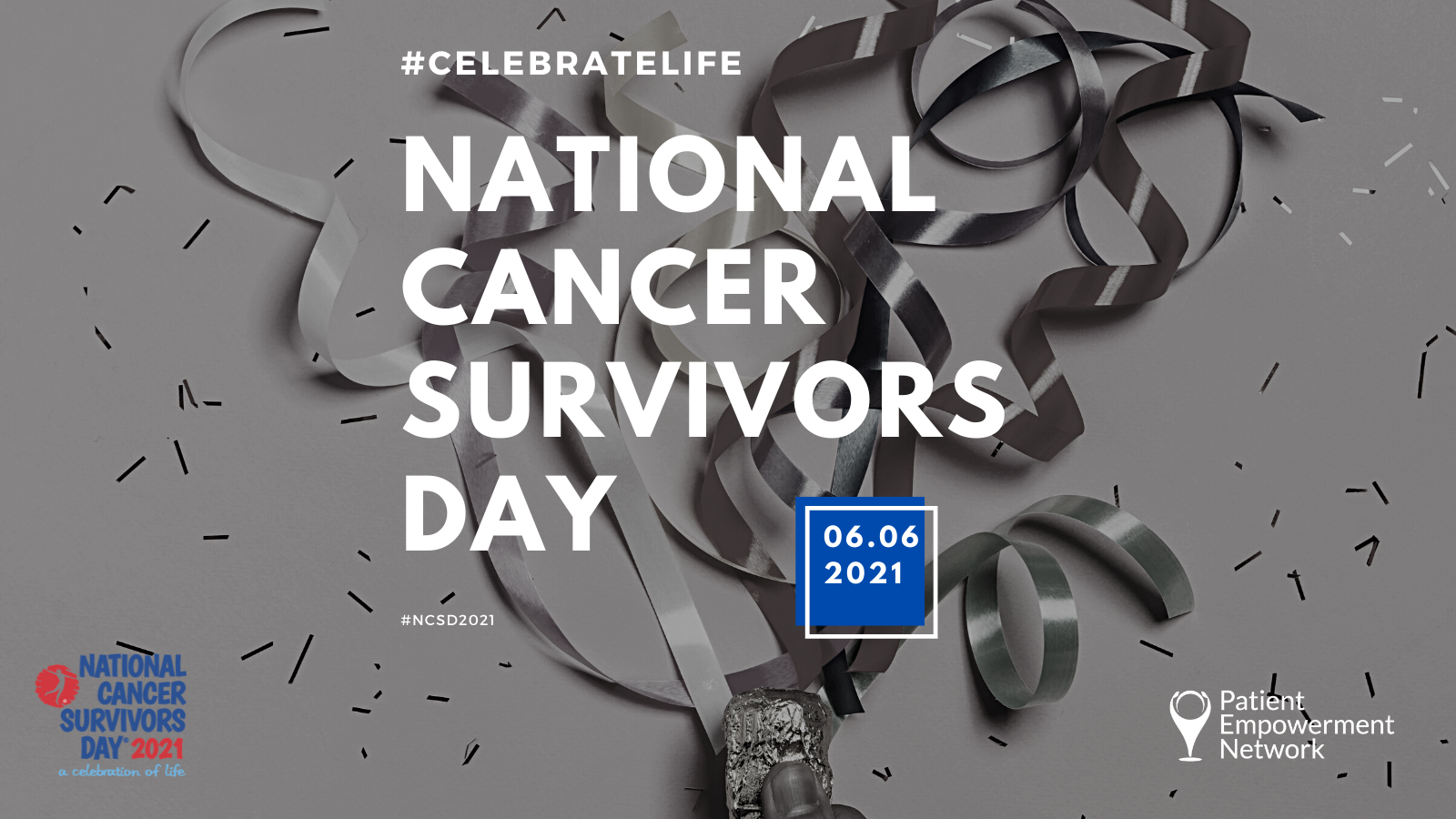In this three-part series, I’ve been exploring different aspects of returning (or continuing) to work after a cancer diagnosis. So far I’ve tackled issues from preparing to return to work and handling your workload, to dealing with problems such as fatigue and concentration. In the final part of this series, I’m turning my attention to finding a new job after cancer treatment has ended.
There are a number of reasons why you might be looking for a new job after cancer. Perhaps you crave a fresh start, somewhere where you’re not known as the co-worker with cancer. Or perhaps you need more work flexibility – such as the option to work part-time – but your current employer isn’t in a position to make the adjustments you need. Or maybe you want to change career, switching direction towards something more meaningful and fulfilling.
Whether you’re looking for a new job or considering a new career direction, this month’s article has plenty of practical advice to help you.
1. Get Clarity on Your Direction
A good place to start is by getting clear on your new goals, financial needs and current skills and abilities. Grab a pen and some paper and take some time thinking about your responses to the following questions.
- What are my core skills and strengths? Am I using them to their fullest in my current (or previous) job? Which skills and interests from my previous jobs will transfer over to a new position or field?
- What new insights or skills have I gained through cancer? Do I want to be able to use these in my job?
- Have my career goals changed? Do I want to work in a similar job but with more work-life balance? Or do I want to try something new?
- Do I have the required skills for a new career interest? Will I need to retrain? How will this impact me financially?
- Do I have the stamina to take on something new? Do I need to consider the impact of any long term side-effects from treatment on my ability to work?
2. Update Your Resume
The next step is to get your resume in order. If it’s been several years since you last applied for a job, you may need to take into account that resume writing has changed quite a bit in the past decade. For example, the chronologically based resume (listing job titles, companies and dates in chronological order), while still popular, is giving way to a more dynamic skills-based one. This is good news if you want to work around a gap in your employment history. For a skills-based resume, you will create a relevant summary of your skills, career accomplishments and career goals and position this directly below your name. You should aim to provide an example of an area of accomplishment related to each specific skill.
Pro Tip: When it comes to including employment dates, don’t include months in the dates, only years. This helps narrow the work gaps.
3. Develop Your Network
Make a list of everyone you know who is currently working in your industry or the industry you’d like to be in. Take a strategic approach by setting achievable goals for the number of people you want to connect with every week. Reach out to them and tell them about your plans to find new work or change career direction. Ask them to keep you updated of any new job openings and leads. Hiring managers are more willing to consider you for an interview after a personal recommendation.
Pro Tip: When it comes to building your professional network there’s no better tool than LinkedIn. LinkedIn multiplies your existing personal and professional networks by making the connections of your connections available to you at the touch of a digital finger.
4. Optimize Your LinkedIn Profile
Your LinkedIn profile is the cornerstone of your professional brand online. While you may already have a profile on the platform, is it optimized for a job search? LinkedIn profile optimization simply means that your LinkedIn profile is fully updated to maximize your visibility on the platform. Everything you do on LinkedIn begins with your profile. Yet many professionals still treat their LinkedIn profile as little more than a place to park their resume and promptly forget about it.
You won’t be effective at LinkedIn networking if your profile doesn’t entice people to get to know you. Here are some quick tips to optimize your profile (for a step-by-step guide with more detailed information, click here).
- Make your first visual impression count by displaying a high-quality professional photo.
- Adding a background image directly behind your photo will help brand your profile. Think of it as your professional billboard.
- Create a strong professional headline. This is a critical step because your professional headline is not just highly visible on LinkedIn, it’s also searchable by Google.
- Nurture your LinkedIn relationships through regular engagement. This is not about making large numbers of contacts; rather, it’s about making meaningful connections.
- Join industry relevant groups. Job openings are often posted by recruiters in industry groups. You will find groups by clicking on Interests > Groups from your profile or searching keywords to identify groups with interests similar to yours.
- Become an active and engaged user. When you log into LinkedIn, notice each time who shows up in your home feed. Most likely you will see the same few people. These individuals are getting more visibility because they are more active. If you make the commitment to become more active in your network, you will increase your visibility
- Be strategic about when you’re active on LinkedIn. As a general rule, LinkedIn users are most active right before and after work (7–8 am and 5– 6 pm), as well as during lunch time.
Pro Tip: Don’t be afraid to use social media to your advantage: if you know the hiring manager’s or recruiter’s name, add them on LinkedIn.
5. Mind Your Digital Footprint
Employers are increasingly carrying out social media checks on prospective employees. Anticipate this by googling yourself to see what turns up. Here is where a professional profile on LinkedIn can be enormously helpful to present the best impression. Because of the way Google’s search algorithm works, an optimized LinkedIn profile will frequently show up in the first few places of a Google search for your name.
While LinkedIn is an asset, other forms of social media may harm your search for a new job. Sharing personal information about your treatment through a blog, Instagram, Twitter or Facebook is publicly searchable by potential employers. Many of us turn to social media sites and blogs to keep our families and friends updated on our progress and to seek support during cancer treatment. But when your focus returns to work, you may not want your employer or prospective employer to know of your cancer history.
Pro Tip: Take some proactive steps to protect your privacy online. Set privacy settings on things like Facebook so that nothing can be seen by people who aren’t “friends” (including pages you are a fan of – an often forgotten detail). Delete what you can from your postings on Facebook and other media that talk about your cancer. Set up a Google Alert to monitor mentions for your name.
6. Handling the Job Interview
A job interview is stressful at the best of times, but when you’re anxious about handling the question of cancer, it’s doubly so. Sixty-one percent of cancer survivors looking for a job said they fear disclosing their cancer diagnosis will negatively affect their chances of getting hired.
Rehearsing what you plan on saying ahead of time greatly reduces any anxiety you may feel. The more prepared you are before the interview, the more relaxed and at ease you will appear during the interview. Draw up a list of potential questions and practice your answers. Accentuate the positive. For now, put aside your worries about how to explain the gap in your resume and spend some time focusing on why you are the right person for the specific job that you are applying for. List at least ten great qualities and skills you have and ask friends and family to help you brainstorm more. Try to find a willing friend or family member who will role-play the interview with you.
Remember you don’t have to disclose your cancer history either on your application or during an interview. The Americans with Disabilities Act prohibits employers from asking job applicants about a disability (this includes cancer) before offering them the job. However, you may decide you want to be upfront about a work-related absence. If this is the case, you can deal with it by briefly explaining you had some time off work for a health (or family) related reason, but that’s behind you and you’re now looking forward to re-joining the workforce. Keep it simple, stick to one sentence or two and don’t be tempted to digress. Then switch the direction of the questioning back to your skills and qualifications for the job.
Pro Tip: Do your research before going into an interview. By showing off your knowledge of both the company and the industry, you are conveying to the interviewer that you are still up-to-date even if you have been absent from work for a period of time.
7. Considering a Career Change
Cancer changes your outlook on life. Alongside an increased awareness of the preciousness of time, you may also have decreased tolerance for spending time on meaningless tasks. Many cancer survivors, my own self included, have felt a calling for more meaningful work after their treatment has ended. I’d like to finish this back-to-work series by sharing the stories of three such people who have used their cancer experience as a way to help others and forged new careers in the process.
Jennifer Elliott was a pre-kindergarten to elementary school age music teacher before being diagnosed with bilateral synchronous breast cancer in 2014. Since her diagnosis, her focus has shifted to patient advocacy. “My advocacy began when I realized that my access to industry trained people, thanks to where I live and who my friends are, was impacting my care in a positive way,” said Jennifer. “That made me angry, because we should all have equal access to quality care. I’m now applying to graduate degree programs in public policy because, as I’m advocating for breast cancer survivors I’ve learned that all the things I’m advocating for are impacted or dictated by policy and if I want to have the broadest impact I need some policy skills and training.”
Terri Coutee was focused on a life-long dream of completing a Master’s program in teacher leadership when she received news of her second breast cancer diagnosis. “The diagnosis was the catalyst to evaluate my professional career,” explained Terri. “I had to focus on my treatment and major surgery over a period of seven months. This gave me time to re-evaluate, research, and refocus. I learned less than 25% of women and men were not being given their options for breast reconstruction after mastectomy. As a life-long educator, I realized I could educate those affected by breast cancer and learn from my experience. A blog about my successful breast reconstruction experience led to opening a non-profit Foundation to educate a global audience through social media, attending medical conferences, and making as many personal connections as I could to assist others through their own journey. The need is endless because we haven’t found a cure for breast cancer, yet. Until we do, I will continue to educate and provide resources for the very best medical care for others faced with mastectomy.”
At the age of 51, Chris Lewis wasn’t looking for a career change. “I was working for myself and was at the peak of my earning power,” he said. “Then a poor prognosis of incurable blood cancer and my life was turned upside down. I have since had many years of complex treatment meaning I could not return to employment of any description. As my survivorship moved from months to years I needed a purpose. My body was in bad shape but I still had a business mind.”
Unhappy at the poor resources and help for people living with cancer, Chris took to the Internet to voice his displeasure, leading to him running his own successful website Chris’s Cancer Community. “This led to me becoming a global expert speaker and writer”, said Chris. “I am self-taught in social media and an award winning writer. As a patient advocate I speak at many high profile conferences. Cancer has taken a lot from me, but has shown me a new way of life I would never have experienced. The big bonus is the incredible people I get to meet and talk to daily. It seems even at my age I have found a new career!”
A Stanford Medicine X e-Patient scholar, Marie Ennis O’Connor is an internationally recognized keynote speaker, writer, and consultant on global trends in patient engagement, digital health and participatory medicine. Marie’s work is informed by her passion for embedding the patient voice at the heart of healthcare values. She writes about the experience of transitioning from breast cancer patient to advocate on her award-winning blog Journeying Beyond Breast Cancer.








